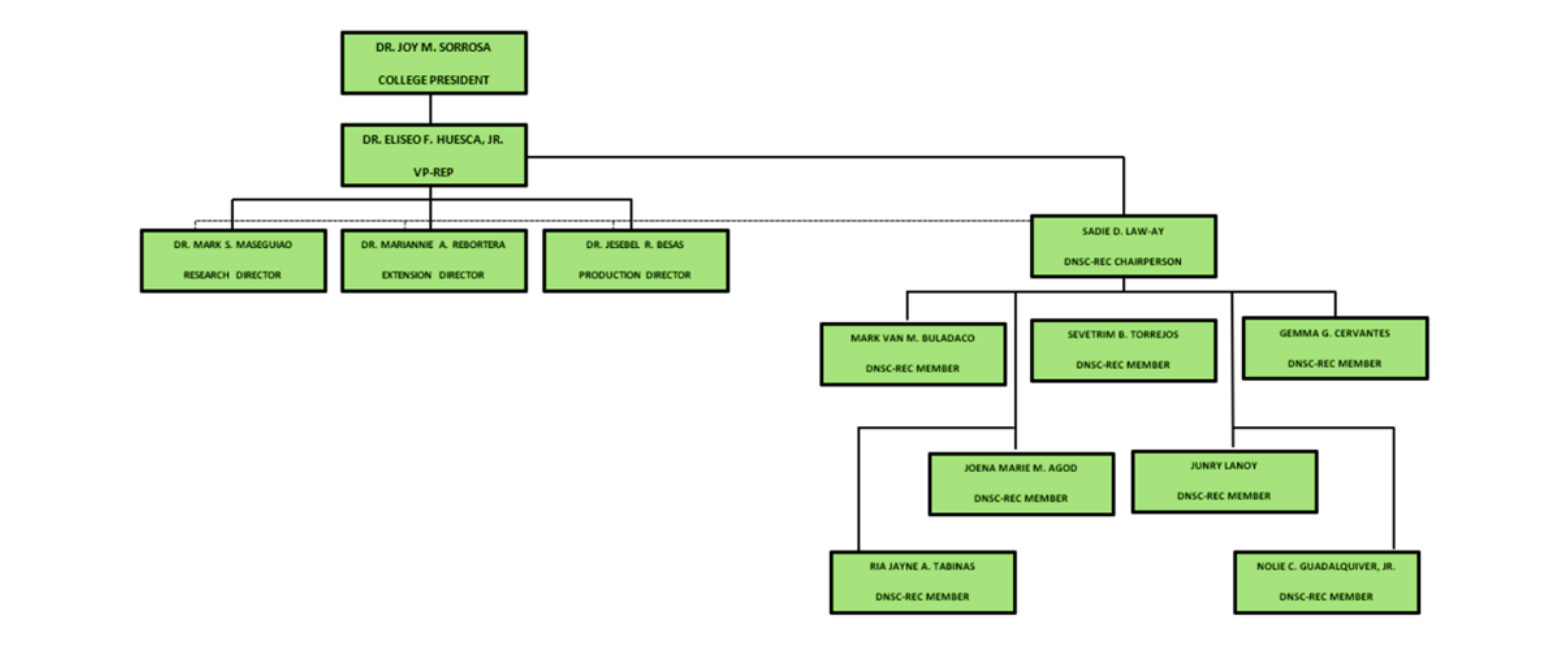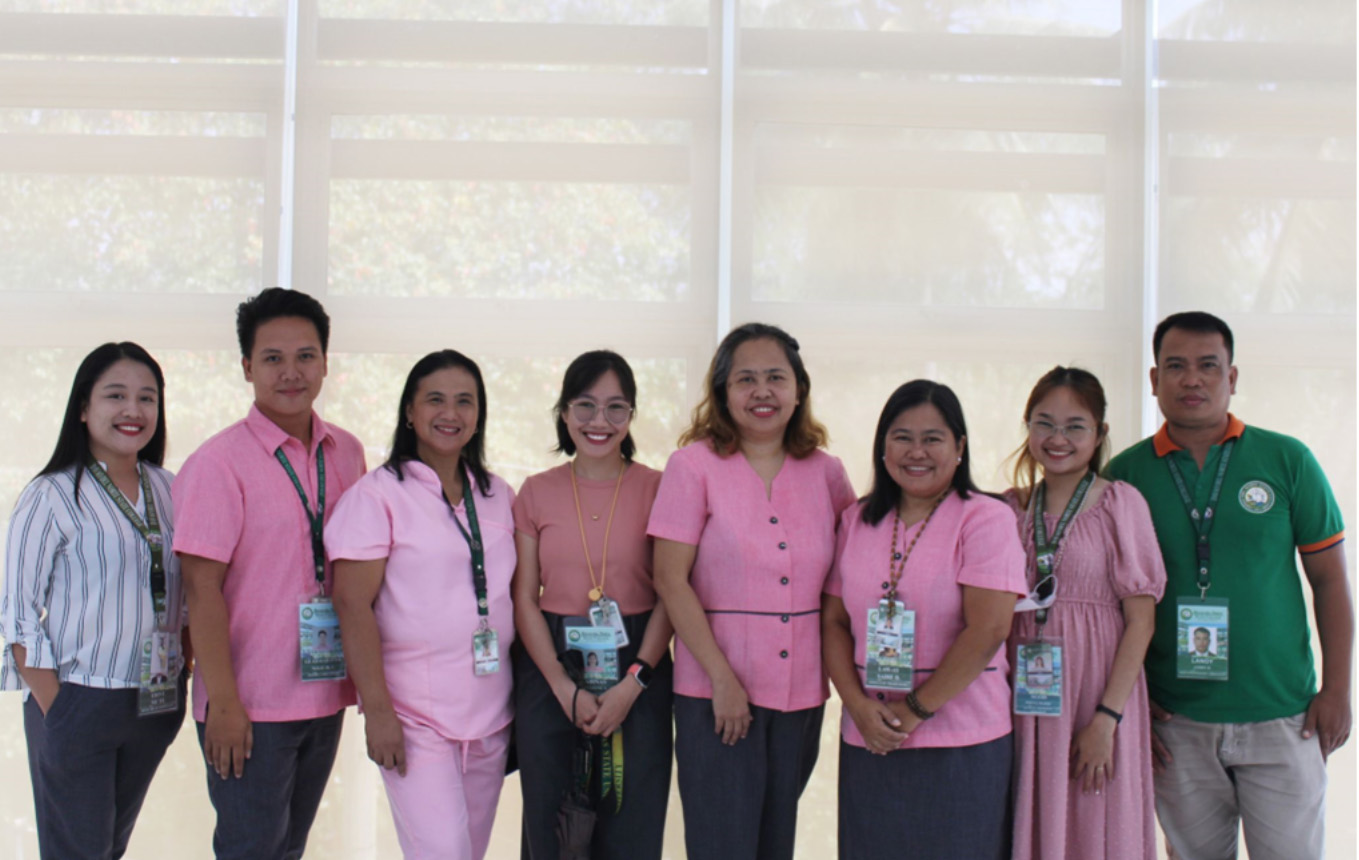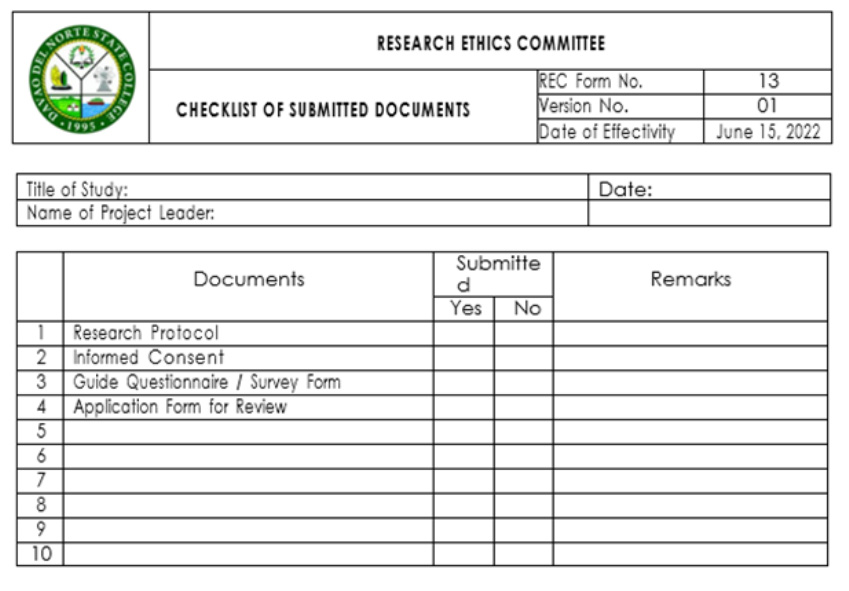

Statement of General Policies and Principles of Operation
The DNSC- REC was constituted and is operating according to the policies and principles set forth by local and international standards, including the Declaration of Helsinki 2013, the International Conference on Harmonization – Good Clinical Practice (ICH-GCP) Guidelines, Council for International Organizations of Medical Sciences (CIOMS) Guidelines, World Health Organization (WHO) Standards and Operational Guidance for Ethics Review of Health-Related Research and Surveying and Evaluation Ethical Review Practices, PHREB National Ethical Guidelines for Health Research, and applicable laws and regulations.
The Department of Science and Technology (DOST) issued DOST Special Order No. 248, s 2017 on March 31, 2017, for the establishment of Research Ethics Monitoring Board (REMBs) in Region I, Region VI and Region XI. That in the interest of the service and to ensure comprehensive and consistent implementation of policies and assist the Philippine Health Research Ethics Board (PHREB) in protecting the rights, safety and welfare of human participants in health-related research particularly in the regions, a Regional Ethics Monitoring Board (REMB) was established to extend its policies and guidelines in the accreditation processes, ethics training dissemination, and advocacy in all the regions of the country.
Thus, DNSC as an institution of higher learning needs to ensure that all research proposals are thoroughly and fairly reviewed for ethical research conduct in accordance with the highest ethical standards such that human subjects are protected from physical or psychological harm.
Review Scope of Authority
The DNSC-REC reviews and monitors researches involving human subjects and including research on identifiable human material and data that is proposed to be conducted by Faculty, Staff and students at the College. The committee may also review and monitor community-based researches that seeks endorsement from the College, as well as researches done in other institutions that do not have ethics review committees.
Functions of the DNSC-REC
The following are the functions of the DNSC-REC (based on international guidelines):
- to determine that all proposed interventions, particularly the administration of devices or procedures under development, are acceptably safe to be undertaken in humans or to verify that another competent Research Ethics Committee (REC) has done so:
- to determine that the proposed research is scientifically sound or to verify that another competent Research Ethics Committee (REC) has done so.
- to ensure that all other ethical concerns arising from a protocol are satisfactorily resolved both in principle and in practice.
- to consider the qualifications of the investigators, including education in the principles of research practice, and the conditions of the research site with a view to ensuring the safe conduct of data gathering; and
- to keep records of decisions and to take measures to follow up on the conduct of ongoing research projects.


DNSC- REC Organizational Structure
- Sadie D. Law-ay DNSC-REC Chairperson
- Mark Van M. Buladaco DNSC-REC Member
- Sevetrim B. Torrejos DNSC-REC Member
- Gemma G. Cervantes DNSC-REC Member
- Joena Marie M. Agod DNSC-REC Member
- Junry Lanoy DNSC-REC Member
- Ria Jayne A. Tabinas DNSC-REC Member
- Nolie C. Guadalquiver Jr. DNSC-REC Member
- MC Fe E. Erive DNSC-REC Staff
HOW TO APPLY:
Initial Submissions
The REC office is open from 8:00AM to 5:00PM during which the REC Staff accepts study
documents. The REC Staff checks completeness of the documents based on the checklist (REC
Form 13). The REC Staff will accept the documents every Friday of the week and will be initially
assessed within 7 days before coding.


